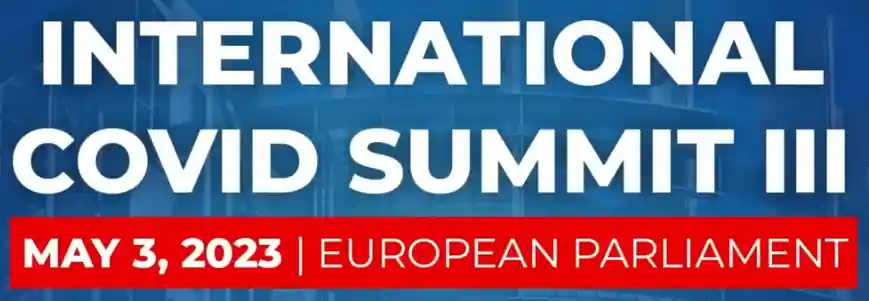
I am ready to concede that “About Truth” is a very ambitious title1. It is also a difficult concept that in all likelihood and objectivity would exceed my analytical capacity if I wanted to systematically explore all the nuts and bolts2.
What I am after, in fact, is the truth of information.
The post was triggered by a mail I received yesterday from a dear friend of mine under the subject “Who defines the truth?”. It included a link to a short statement (from 1:03 to 4:04) by Dr Byram Bridle, a Canadian veterinarian of the University of Guelph, a COVID vaccine developer and a stern opponent of mRNA vaccine technology, which he considers unsafe. He is considered by supporters of COVID mRNA vaccines as a controversial figure and spreader of misinformation.
In the statement referred to above Dr Bridel asserts that his position is supported by hard facts, after which he asks the question “Who defines truth?”3.
Personally, I have given up long ago trying to understand whether mRNA COVID vaccines (of which I got three shots) are good or bad (for me, for my family, for the world and for the future of humankind). For sure, the vaccine was better than good for Big Pharma, but that does not mean it was bad for me. I have decided that I don’t want to waste any of the time of my current post-COVID survival period to decide what experts cannot decide.
My opinion, in this matter as in others, is every man for himself: do not expect anyone to help you sort truths and lies.
I stress, however, that it is easier, in general, to evaluate the sources than the information itself, according to the simple principle: a source that contains only one proven item of misinformation or disinformation contains only disinformation. Disinformation and misinformation are contagious. This applies to all news sources, especially the “alternative ones”, where a basic technique is to mix the true and the false, the half-true and the almost-true. Half-truths are also contagious.
That said, it may happen that a usually credible source does not check its sources sufficiently, and has to correct or deny information. In this case, the source is given a bad mark, which will be remembered for the next possible misstep, which will blacklist the source for me. When it comes to information, the benefit of the doubt does not apply. It is imperative to throw out the baby and the rest of the bath.
Finally, one man’s truth is not another man’s truth. Insofar as the truth remains in the realm of ideas, tolerance is appropriate. When it develops missionary tendencies, i.e. when it begins to affect my world against my will, it must be opposed or, at least, ignored.

And then, this morning, by an interesting coincidence, there was a perfect complement to the question about truth and information in a Guardian article under the title I may have fallen in love with a sex worker I am paying. Could it be real?
The philosopher-journalist, Eleanor Gordon Smith answers There’s a whole debate in studies of rationality about how we should react to what are called “debunking” problems. A debunking problem is when you believe something but there’s reason to think you’d have believed it whether it was true or not. So even though it really feels true, that isn’t necessarily a sign that it is true […] Does she have feelings for you? It’s not impossible. It’s not probable, either. But it’s not impossible.
We can translate this as follows “Is Dr Bridel’s position credible?” It’s not impossible. It’s not probable, either. But it’s not impossible. Or “Is my position regarding COVID vaccines justified ?” It’s not impossible. It’s not probable, either. But it’s not impossible.
What Eleanor Gordon Smith’ s article also shows is that
(1) people believe what they want to believe. Facts, reality, truth etc. has little to do with it. Many of our positions and beliefs are, whether we admit it or not, ideological. Your “hard facts” may be nonsense to me, and the other way round;
(2) an enjoyable situation can be based on truth or on lies; we may decide that untying truth and untruth also carries a significant risk of jeopardising the enjoyable situation. And
(3) In the end, it is the prostitute, whom we pay, who keeps the situation enjoyable. This can be maintained as long as she plays the game. The destruction of the game can only come from within, with considerable personal risks for those individuals who will no longer play the game (Manning, Snowden).
I don’ t remember reading about any whistleblowers from Big Pharma. Not yet.
- Long ago, I started collecting vaguely philosophical statements “About reality”, and published them under the title About reality. The very first sentence mentions truth, which reminds us of the inter-connections between reality and truth[↩]
- Nuts and bolts are a mechanical analogy that I enjoy applying to an abstract notion, for instance when talking of the artificial intelligence distilled by what used to be referred to as “electronic brains”, a concept of the 1950s now completely out of fashion.[↩]
- i.e. “Don’t you dare disagree!”[↩]